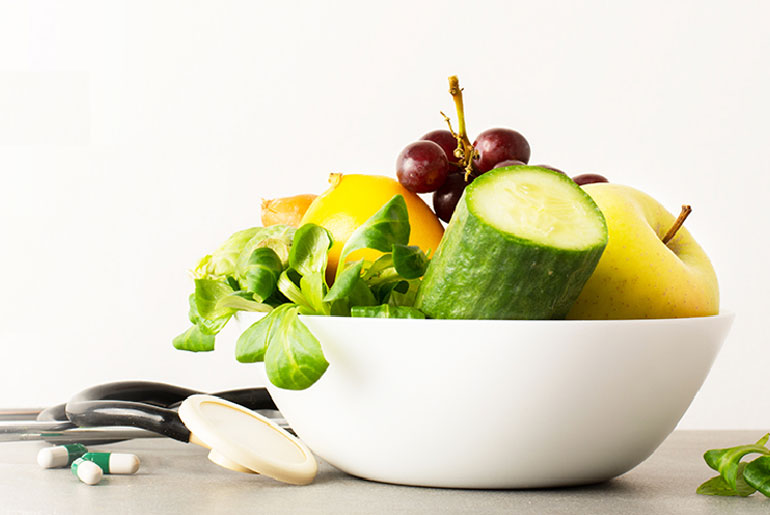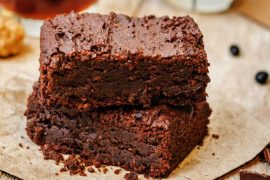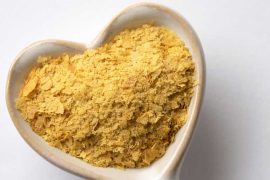To ensure the body receives all its necessary nutrients, it is crucial to carefully monitor our nutritional intake. While protein is an essential component for muscle repair and growth, it is equally important to provide the body with a balanced range of other vital nutrients, including carbohydrates, fats, vitamins, and minerals. A well-rounded diet supports smooth bodily functions, boosts energy levels, strengthens immunity, and promotes overall health.
Protein-Rich Foods:
1. Legumes: The importance of balancing legume intake with carbohydrates like chapati and rice. While many people focus on consuming sprouts (which are a great source of protein), they often neglect these carbohydrate sources. This can lead to an incomplete intake of amino acids. When legumes like lentils, beans, or sprouts are combined with rice or chapati, they form a complete protein by providing both essential and non-essential amino acids. This combination ensures that the body gets all the necessary nutrients to support muscle repair, immune function, and overall growth.
2. Dal: Dal (lentils or pulses) is a staple in Indian cuisine, known for its high protein content. While dal is commonly consumed as a curry, experimenting with other ways of incorporating it into meals. For example, dal can be used to make dal parathas, khichdi, or dal pancakes. The key point she makes is that dal should be consumed daily to maintain a regular intake of plant-based protein. Ensuring daily consumption of dal will help meet the body’s protein needs, especially for vegetarians, while also providing other nutrients like fiber, iron, and folate.
3. Nuts: Nuts are a rich source of both protein and healthy fats. Including almonds and walnuts in your diet, which are widely known for their brain-boosting omega-3 fatty acids. However, she also suggests more affordable and commonly available options like chana (roasted chickpeas) and singdana (peanuts). These can be eaten as evening snacks or added to meals for a protein boost. By including a variety of nuts and legumes, you can make small but effective changes to your diet, ensuring a more balanced and wholesome protein intake without always resorting to expensive options.
4. Milk and Dairy Products: Milk and dairy products like curd, paneer (cottage cheese), and yogurt are excellent sources of protein and calcium. The importance of consuming milk or other dairy products at least once a day. This could be as simple as drinking a glass of milk in the morning or incorporating curd with meals, such as with rice (curd rice). Dairy products provide high-quality protein that is easily absorbed by the body, making it an essential part of a balanced diet. They also support bone health, digestion, and overall immunity.
5. Meat, Fish, and Eggs (for Non-Vegetarians): For those who consume non-vegetarian food, including meat, fish, and eggs in daily meals to meet protein needs. These foods are complete proteins, meaning they contain all the essential amino acids the body cannot produce on its own. Meat provides important nutrients like iron and B vitamins, while fish, particularly fatty fish like salmon, is rich in omega-3 fatty acids, which support heart health. Eggs are a versatile and nutrient-dense source of protein, containing vitamins like B12, riboflavin, and folate. Including non-vegetarian options regularly ensures adequate protein intake, especially for muscle growth, tissue repair, and maintaining overall health.
Key Takeaways:
- Balanced Protein Sources: Combine legumes with carbohydrate sources like chapati and rice for complete protein.
- Diversified Dal Consumption: Try different forms of dal, like dal paratha, to ensure daily intake.
- Affordable Protein-Rich Snacks: Nuts like almonds, walnuts, chana, and singdana offer healthy fats and proteins, making them great snacks.
- Daily Dairy: Incorporate milk or dairy products daily to ensure high-quality protein and calcium intake.
- Non-Vegetarian Options: For those who eat meat, fish, and eggs, including them in meals ensures a rich source of complete protein.
By making small but thoughtful adjustments to your daily diet, you can ensure a more balanced and wholesome protein intake, supporting overall health and well-being.
Disclaimer:
The information contained in this article is for educational and informational purposes only and is not intended as a health advice. We would ask you to consult a qualified professional or medical expert to gain additional knowledge before you choose to consume any product or perform any exercise.







